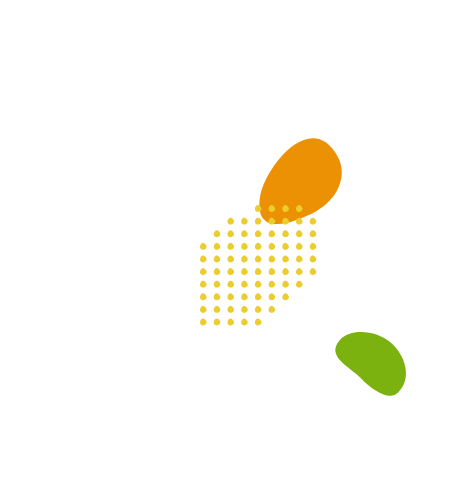News and pubblications
Case Studies
SABANA
Sustainable Algae Biorefinery for Agriculture aNd Aquaculture.
Duration of the project: 48 months
In the last years, there has been strong interest and investment in the development of microalgae cultivation methods in order to exploit the potential to produce high-value products (such as nutraceuticals and compounds for human consumption, plant biostimulants, biopesticides and feed additives) and low-value products as feed, biofertilizers and bioenergy, as well as wastewater treatment, nitrogen fixing and CO2 mitigation (Sayre 2010). Despite the large potential of products derived from algae, its implementation is still limited mainly due to unfavorable economics.
However, the possibility to use wastes (wastewaters and flue gases) as nutrient sources for microalgae cultivation provides an opportunity to cut production costs, at the same time taking advantage from microalgae potential for wastewater depuration purposes.

Figure 1. Overall concept of the SABANA project showing priority products and sustainability and the fitting of the project into the concept of the Circular Economy
The SABANA project aims at developing a large-scale integrated microalgae-based sustainable biorefinery for the production of plant biostimulants, biopesticides and aquafeed additives, in addition to valuable biomass for biofertilizers and aquafeed, by using only marine water and nutrients from wastewaters, such as sewage, centrate and pig slurries, and minimizing energy consumption. The objective is to achieve a zero-waste process at a demonstration scale up to 5 ha, sustainable both environmentally and economically. A Demonstration Centre of this biorefinery will be operated to demonstrate the technology, assess the operating characteristics of the system, evaluate environmental impacts and collaborate with potential customers for use. The key advantages of the project will be the sustainability of the process and the socioeconomic benefits, as the bioproducts obtained from microalgae biomass are highly relevant in agriculture and aquaculture.
Publications
Salati S., Di Donato G., Palumbo V., Su M., D’Imporzano G., Dell’Orto M., Adani. Cultivation of microalgae on pig manure: nutrient recovery and biomass production in Chlorella and Scenedesmus. First Joint Meeting on Soil and Plant System Science (SPS 2019), Bari, Italy, 23-26 September 2019.
Herrera A., D’Imporzano G., Acién-Fernandez F.G., Adani F. Sustainable production of microalgae in raceways: Nutrients and water management as key factors influencing environmental impacts. 2020, Journal of Cleaner Production, 125005
https://www.sciencedirect.com/science/article/abs/pii/S0959652620350496?via=ihub
Bani A., Acién-Fernandez F.G., D’Imporzano G., Parati K., Adani F., Influence of photobioreactor set-up on the survival of microalgae inoculum. 2021, Bioresource Technology (320) Part B, 124408
https://www.sciencedirect.com/science/article/pii/S0960852420316825?dgcid=coauthor

